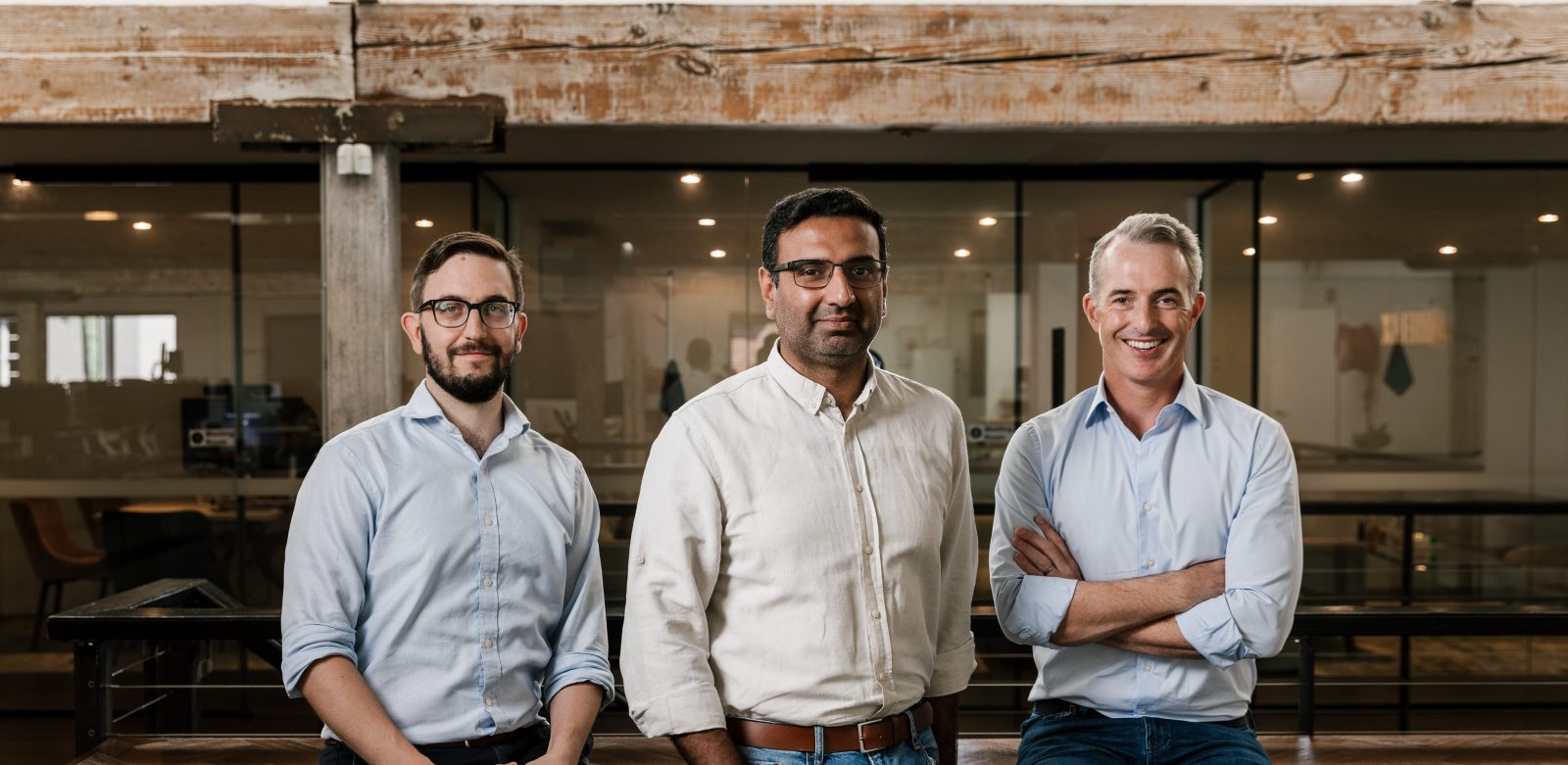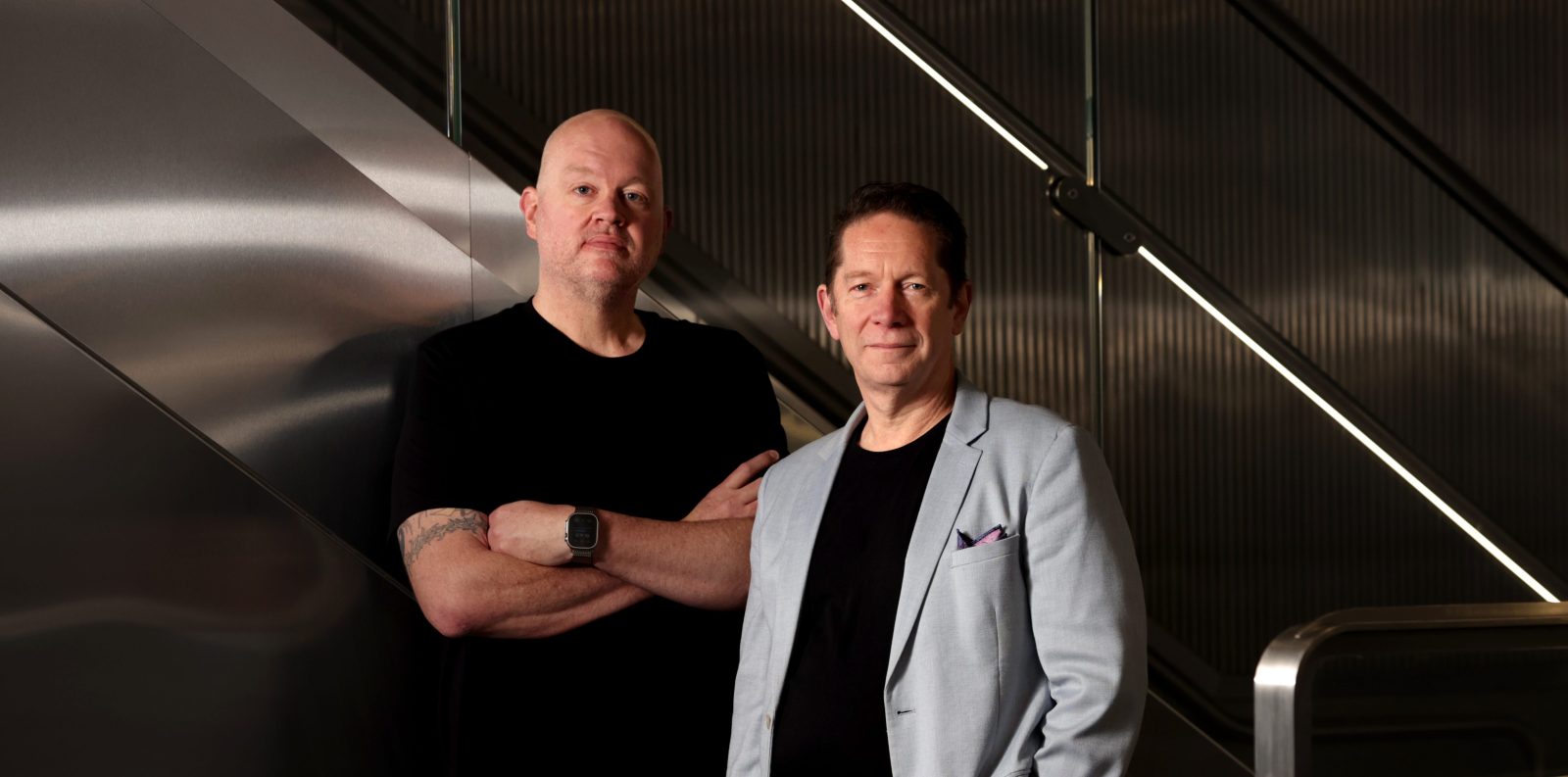Australian productivity has stagnated over the last decade, according to the Productivity Commission. One of the nation’s most successful tech founders, and now Chair of the TCA, has a five-point plan for how Australia can accelerate into the future.
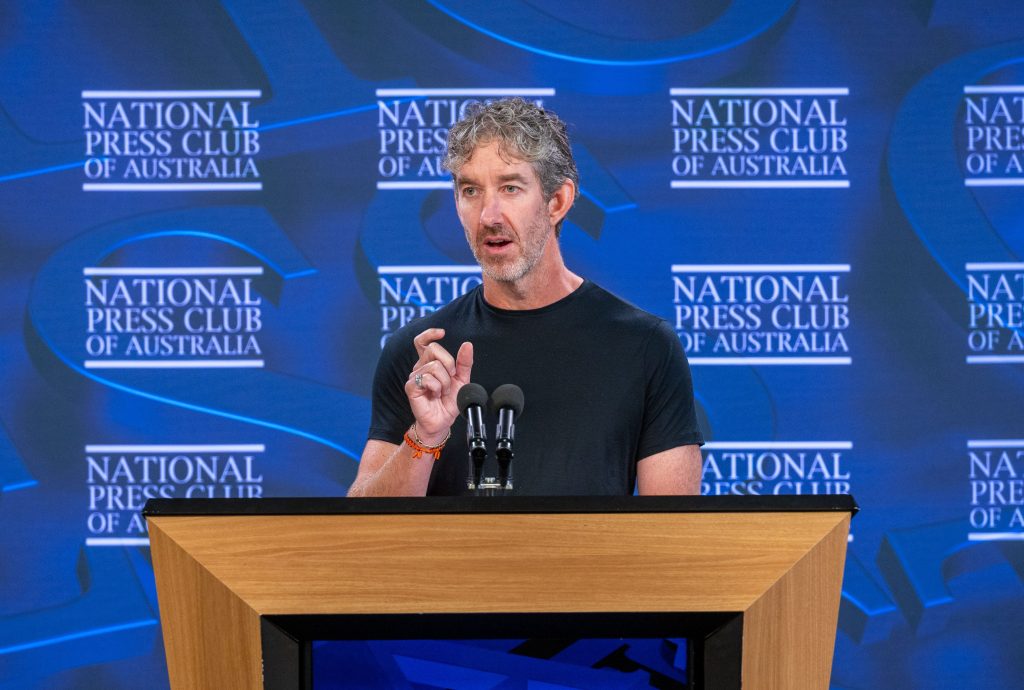
Sporting black and white Converse sneakers, a black t-shirt, blue jeans and an Oura ring on his right hand, Scott Farquhar looked every bit the tech executive.
It was the first time he had spoken at the National Press Club in Canberra since taking over as Chair of the Tech Council of Australia (TCA) from Robyn Denholm. The former co-CEO of Atlassian was relaxed and poised standing behind the lectern.
Farquhar’s wife, Kim Jackson, parents, friends, Atlassian co-founder Mike Cannon-Brookes, tech colleagues, Tech Council board members, and a room full of journalists packed the room to hear him speak.
Farquhar spoke of the $80 billion ‘keystone species’ he and Cannon-Brookes founded in 2004, before homegrown tech in Australia was a thing. At that time, the government needed to be hands-off and let nascent innovation prosper, Farquhar said. Two decades later, the seasoned salt and pepper-haired billionaire was asking the federal government to lean in, and had a 5-point plan to help the rubber meet the road.
“We have energy, we have vast land, a strong legal system, world-class engineers, and we have a strategic location in Southeast Asia,” Farquhar says in the lead-up to his first recommendation.
His ask of the government is to establish a national strategy to fast-track approvals for data centres, attract investment, and host ‘digital embassies’ for select countries looking to use Australian soil to ‘store’ their data in a safe, friendly place.
“Australia has an opportunity to host data centres for the entire Southeast Asian region, and potentially beyond,” he says.
Positioning Australia as a regional AI data centre hub facilitates the nation’s participation in the game-changing AI economy, Farquhar posits, all while capitalising on the aforementioned resources and infrastructure we already have at our disposal. The idea is to structure of a foreign embassy – a centre housing information and data on Australian soil, that is under the control of a foreign government.
Farquhar points out that ‘digital embassy’ data centres would need to be vetted and would likely not be made available to all nation states. Conceptually, however, it is a multi-billion-dollar, multi-decade opportunity, he says.
“We should be exporting megawatts as megabytes and, in return, getting paid megabucks,” the 45-year-old says from the lectern. “To do that, we need to systematically remove barriers to growth.”
The first barrier that needs to be addressed, in Farquhar’s assessment, is our outdated copyright law.
“Australia’s copyright laws are out of sync with the rest of the world. The USA and Europe have exemptions for fair use for text and data mining. This is a barrier to AI companies that want to train or host their models in Australia. And a barrier to Australian-born companies who want to build our models here,” says Farquhar.
His second ask of the day is for the Australian Attorney General to amend the Copyright Act of 2014 to unlock billions of dollars of potential foreign investment.
Getting the government on-board with APIs
Next up, Farquhar wants to see the government adopt readily available tools that startups use, such as API interfaces that can automate workflows and remove bottlenecks.
“Interacting with the courts, renewing a licence, applying for a passport, claiming a childcare subsidy should all be possible electronically and embedded in third-party applications,” the tech executive says. “These shouldn’t be seven-year consulting projects. Modern tools mean that we can complete these in weeks and months – not in years.”
Enhanced productivity is a necessity in the fast-moving realm of AI, Tech Council CEO Damian Kassabagi reiterates.
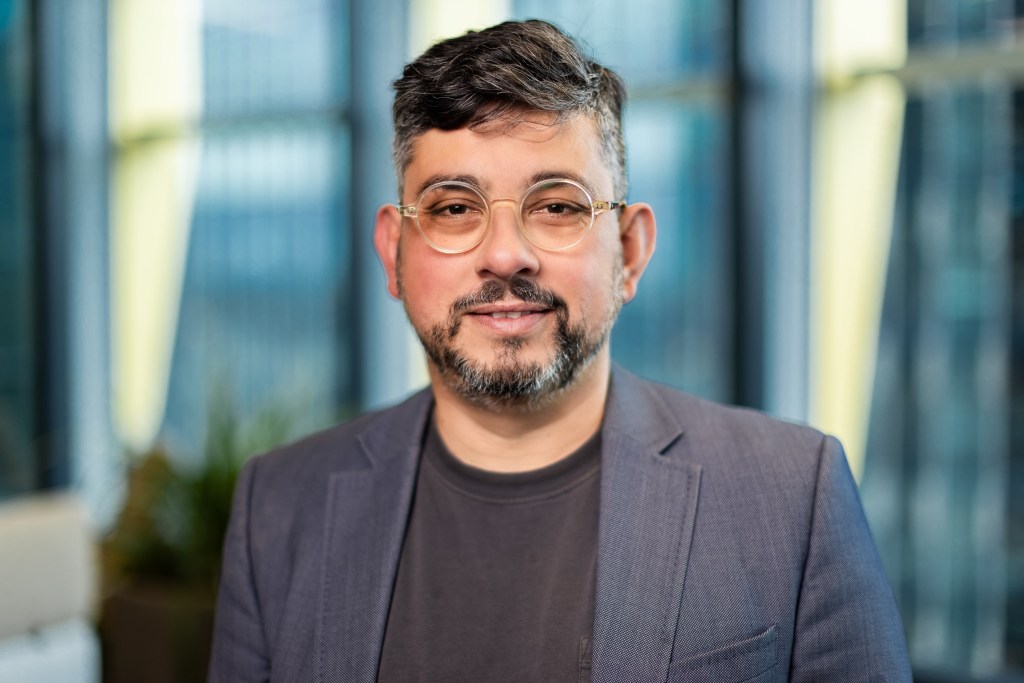
“We know that productivity growth is the biggest driver of higher wages and long-term living standards. AI is the most powerful tool we have to drive that growth in the decade ahead – but we must act with urgency,” says Kassabagi.
The call to reinvigorate outdated digital infrastructure comes at the same time the federal government is focused on driving productivity.
Parliament House will host an economic reform roundtable focused on resilience and productivity on August 19. This week, the Productivity Commission released a report calling for reductions in regulation to facilitate economic dynamism, and a report highlighting how to harness data and digital technology is expected next week.
Dr Andrew Charlton, Australia’s Assistant Minister for Science, Technology and the Digital Economy, spoke at the Tech Council Parliamentary Innovation Showcase on Tuesday last week. Digitisation and growth in the tech sector are the determinants of our future prosperity, Charlton told an audience of policymakers, ministers and tech executives at Parliament House.
“We’ve made investments in quantum, in cyber, in space and AI. And we are only getting started,” Charlton says. “We want to focus on making it easy for you to do business. That means making sure we have the right regulatory environment, the right skills environment, the right tax environment.”
6-12 month AI training to maximise efficiency
One area where the Tech Council is already pushing ahead is its partnership with NSW to open up new pathways for Australians to be trained in AI. Farquhar doubled down on that effort this week, noting that AI-related job losses will occur and the workforce needs to be trained for the jobs of the future.
“I’m calling on support and partnership with the unions to create tech trades, digital apprenticeships, short, practical qualifications that can be completed in six or 12 months to get people ready for high-demand industries like data centre construction and battery installation,” Farquhar says.
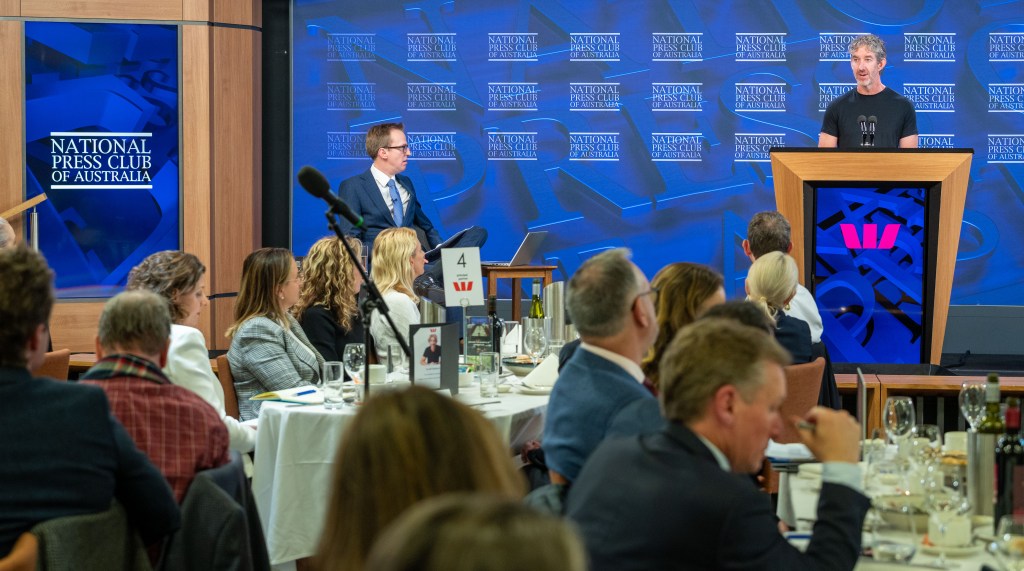
These ‘fast-track digital apprenticeships’ expedite a traditional four-year apprenticeship into something that can get displaced workers back on their feet quickly.
Having AI skills is important for all Australians, and politicians are not exempt, according to Farquhar. His final call to action for ministers, governmental departments, and agencies is to lead by example and treat AI as core economic infrastructure.
“You should be using AI every single day,” Farquhar says. “You need to do that to understand what is coming and be a leader for the future.”
Kassabagi reiterates that it is vital that the nation’s leaders understand the seismic AI shifts that are taking place.
“AI is not just a tech issue – it’s a national economic priority,” says Kassabagi.
“As Scott highlighted, Australia has the raw ingredients, energy, world-class researchers, and a strong services sector. But we need to translate those advantages into action, through a clear national strategy, investment in infrastructure, and stronger partnerships between government and industry.”
Tech Council’s requests to the government
Make Australia the data centre of Southeast Asia
Establish a national strategy to fast-track approvals, attract investment, and host “digital embassies” to position Australia as a regional AI hub.
Fix outdated copyright laws
Align Australia’s copyright settings with global norms to enable AI model training — unlocking billions in investment and ensuring Australian values are represented in AI systems.
API-enable all government services
Mandate machine-readable interfaces (APIs) across services like courts, licensing and permitting to automate workflows and remove bottlenecks for business.
Create fast-track digital apprenticeships
Partner with unions to deliver 6–12 month qualifications in high-demand areas like data centre construction, battery installation, and other clean tech roles.
Lead by example on AI adoption
Encourage daily AI use by ministers, departments and agencies; redesign back-office systems; and treat AI as core economic infrastructure, not just a tech issue.
Look back on the week that was with hand-picked articles from Australia and around the world. Sign up to the Forbes Australia newsletter here or become a member here.
